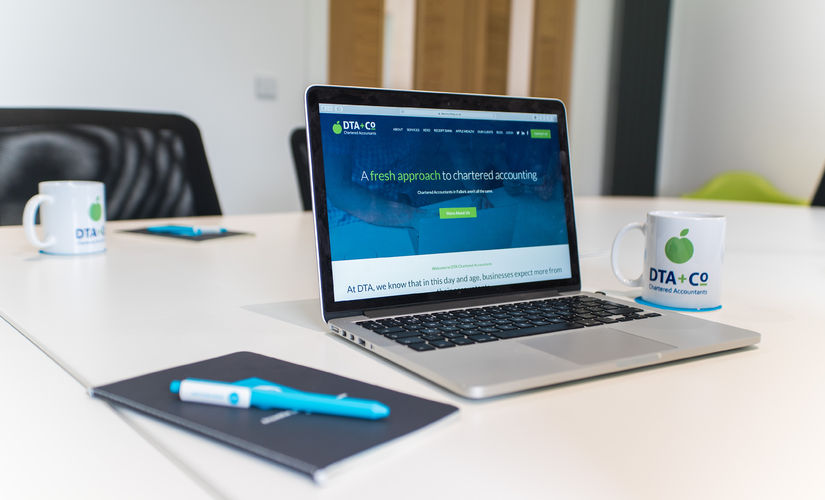Posted: 2 May 2018

Sole trader accounting software
Software that helps you work smarter.
More people are going out on their own, with sole traders representing up to a third of the workforce in some countries. Most sole traders are upbeat about the future - with three quarters saying their best work years are ahead of them.
Technology drives a lot of this optimism and growth. Online tools allow people to work from anywhere, and manage their business without being tied to an office. Accounting software, for example, makes it easier to stay on top of tax, revenue, expenses and cash flow without ever needing to sit at a desk.
Find out what accounting software can do and use this guide to help find the right package for your business.
The pros and cons of being a sole trader
There are two sides to being a sole trader. On the plus side:
- You have no one to answer to but yourself.
- You have the freedom to work from anywhere at any time.
- You have the potential to earn more than you would have if you’d remained an employee.
But there are disadvantages too:
- You may have to work at inconvenient times. For some professions, deadlines can be tight.
- If you don’t work, you don’t get paid.
- There’s no sick pay or holiday pay.
- You have to wear many hats. Your jobs include CEO, marketing, sales, PR, development, customer support – and office cleaner.
- The success of your business depends on you alone.
- It can be a lonely way of working.
So there are sacrifices to be made. But most people feel they are worth making. Many people become a sole trader and never look back.
Lightening the load by moving online
One reason why sole traders are optimistic is because technology has made it easier than ever to do business. Online or cloud-based software has streamlined processes and sped up the exchange of information. For example, you may already be using:
- online office tools like Microsoft Office 365 or Google Apps
- email services like Gmail
- cloud-based file storage
- social media to market your services and keep in touch with customers
- video conferencing to talk to clients and friends
- websites to reach new clients.
- What’s left? Your accounting software. If you’ve moved everything else online, it makes sense to do the same with your accounts. There’s no point being tied to a single computer when cloud accounting gives you freedom.
Choose the right tool for the job
It might be tempting to use a spreadsheet for your accounting data. But spreadsheet programs like Microsoft Excel weren’t designed to be a substitute for accounting software. You can quickly run into difficulties if that’s the way you’re using Excel. Here’s why:
It’s hard to see an up-to-date picture
Spreadsheets don’t automatically update – they show you the static numbers, and not the meaning behind them. Accounting software helps you see your cashflow in real-time. Reports and graphs give you clear information and a sense of the big picture.
Spreadsheets can be riddled with mistakes
It might be easy to start with a simple spreadsheet doing manual data entry and simple sums. But if you want your business to run efficiently, manual copy and paste techniques are no way to thrive and grow.
Spreadsheets aren’t scalable
Sole trader accounting software is designed to grow as you do. It will help you with tasks like payroll and direct payments. And you’ll be able to share data with your accountant and bookkeeper remotely. No spreadsheet can do all of that.
There’s no audit trail
Accounting software keeps track of every entry and who made it. This is called an audit trail and it’s a vital part of accounting. But anyone can change a spreadsheet, leaving no record of what was done or who did it. This leaves your business open to fraud.
You’ll know from running your own business that it makes sense to use the right tool for the job. So get this right the first time – and avoid problems later.


